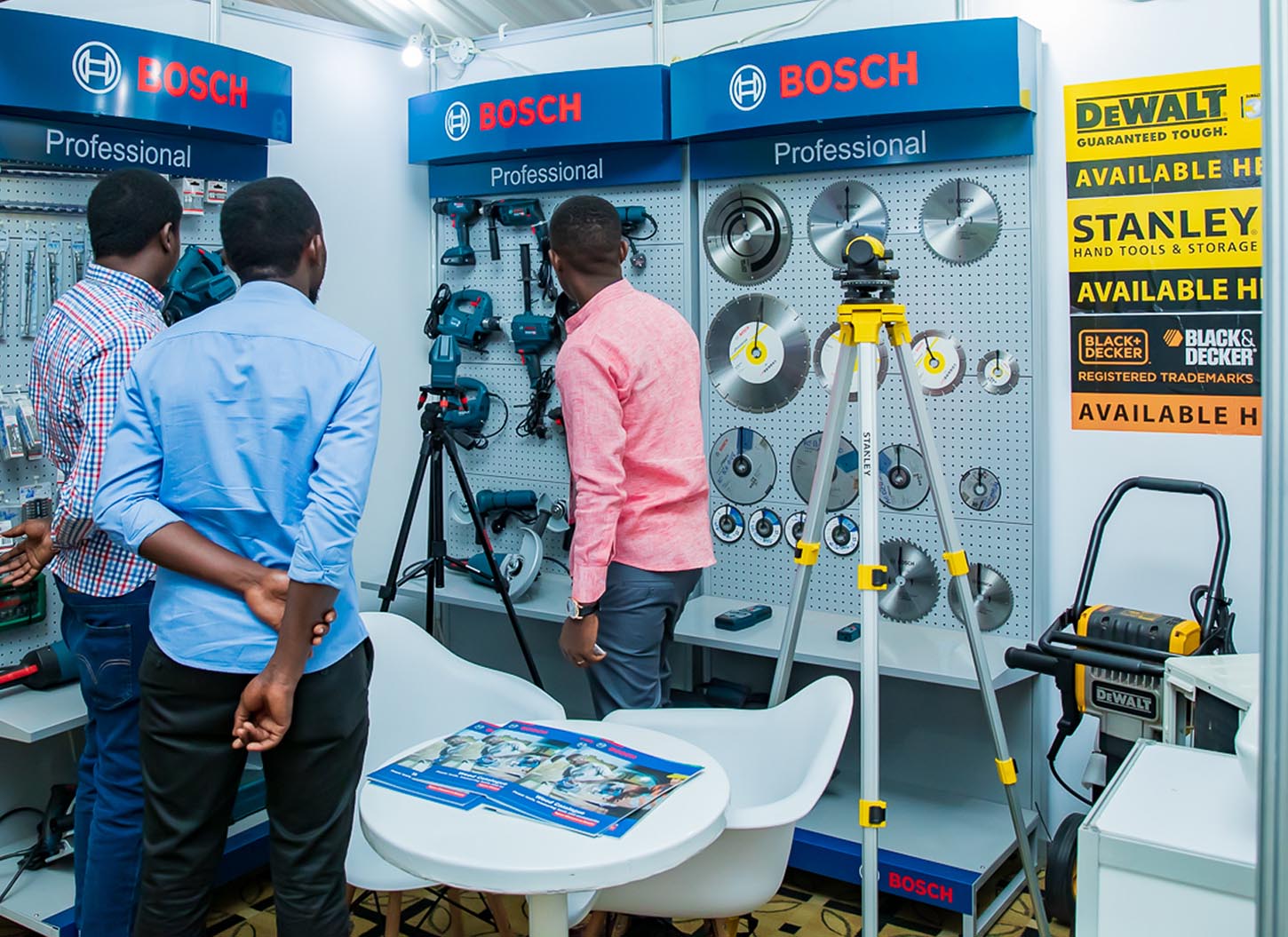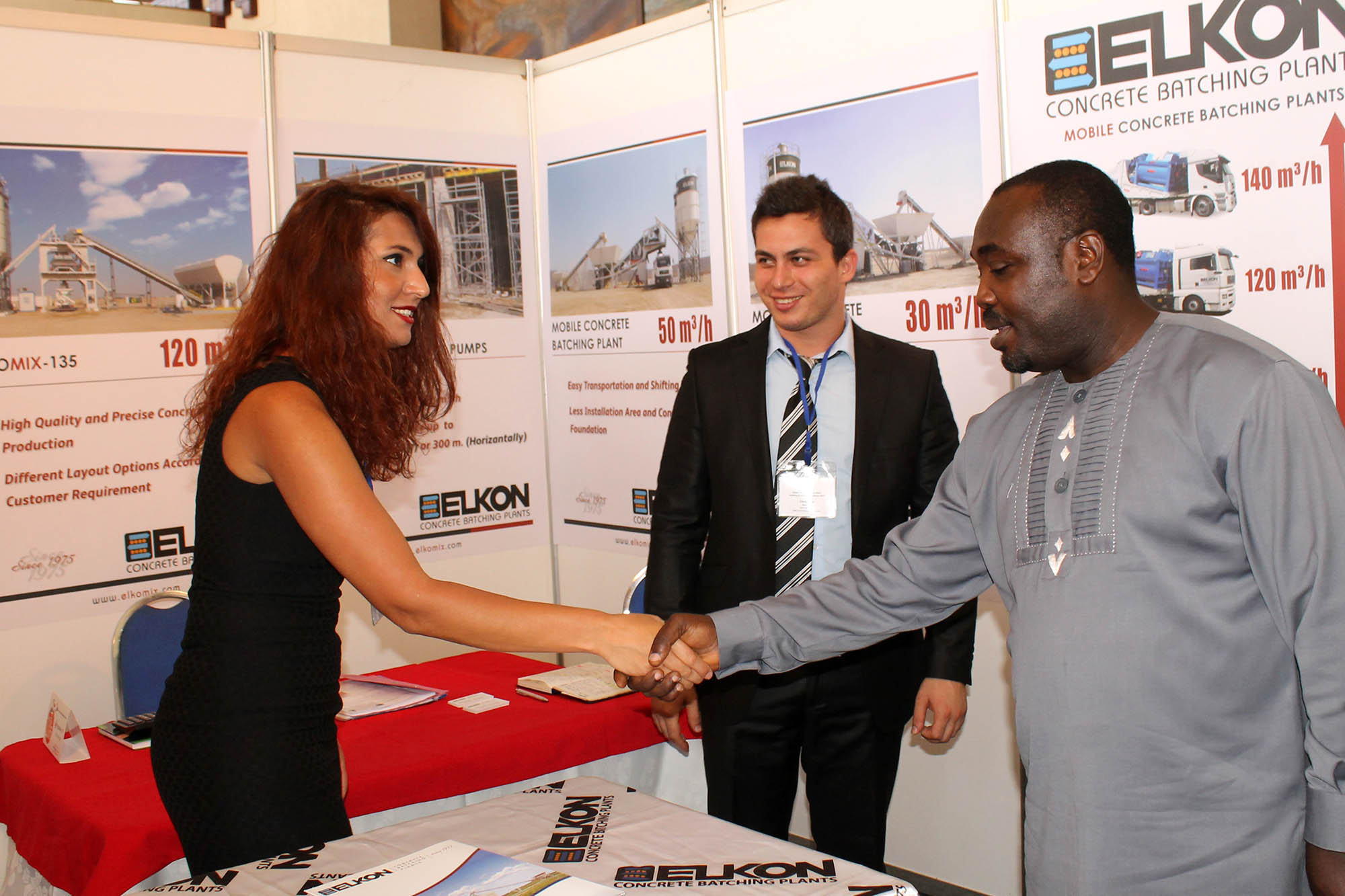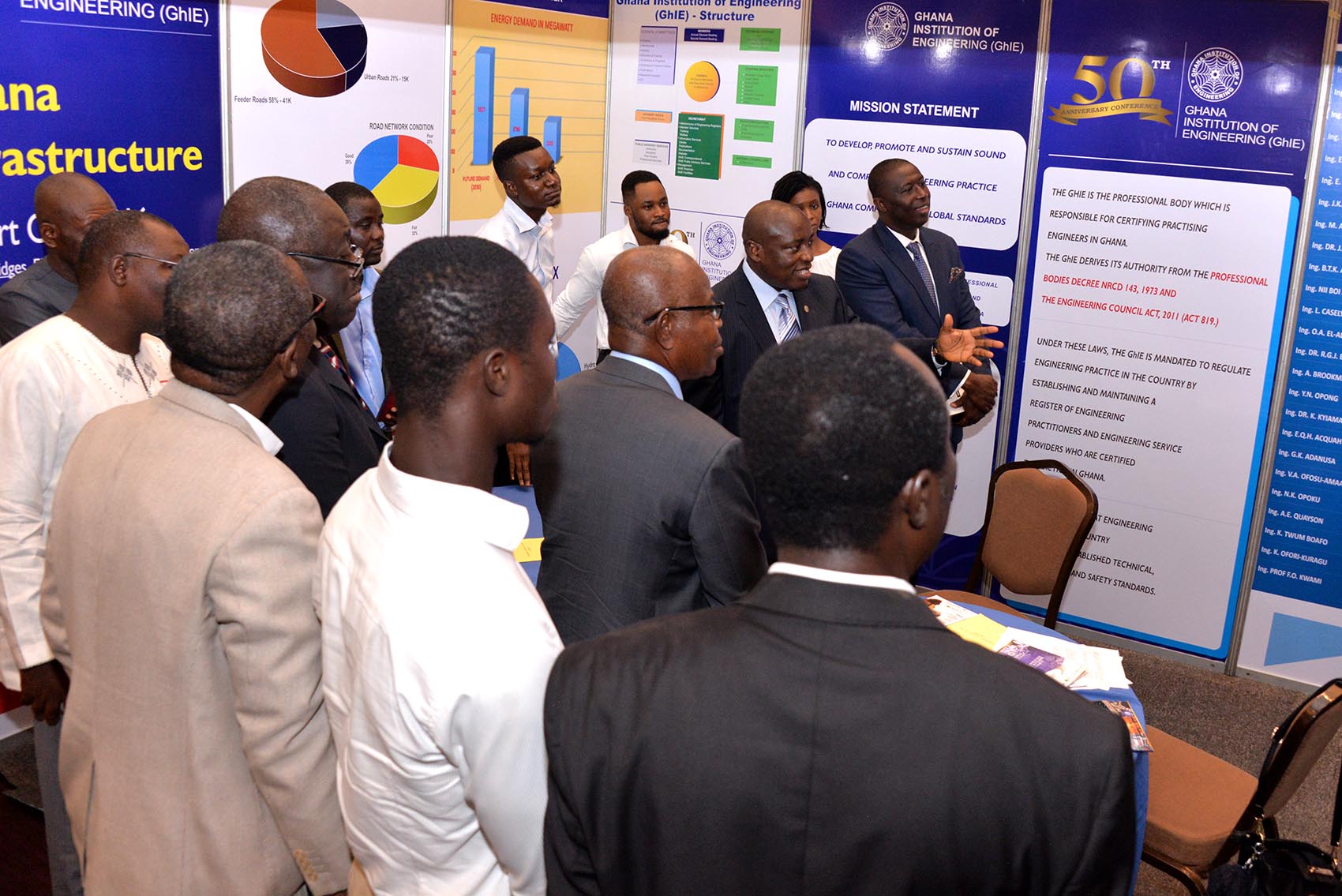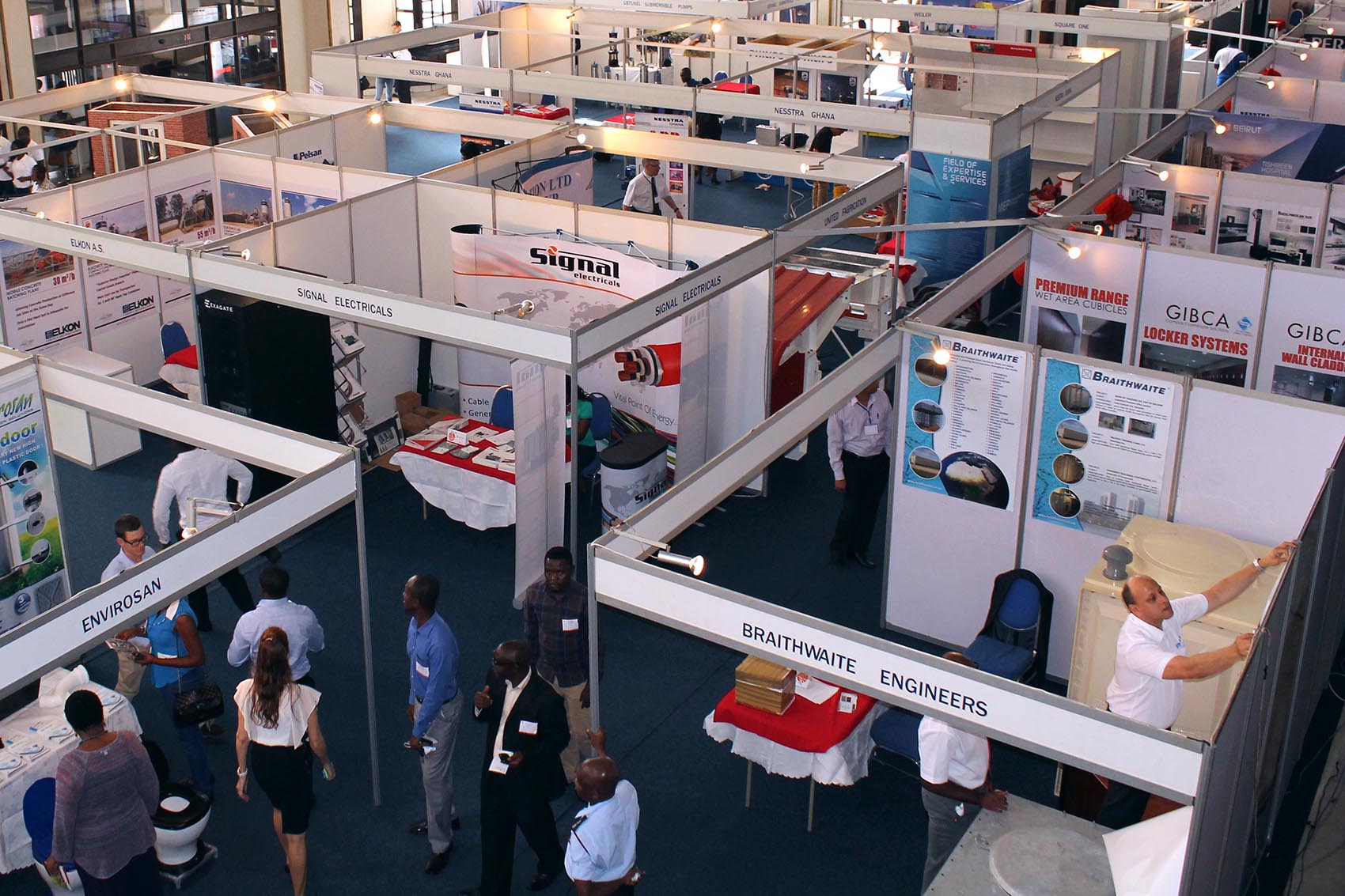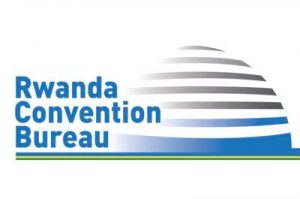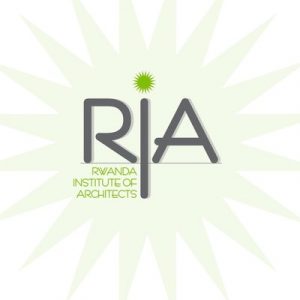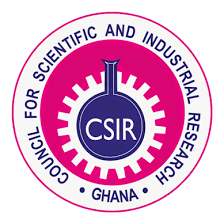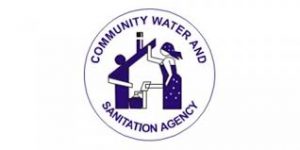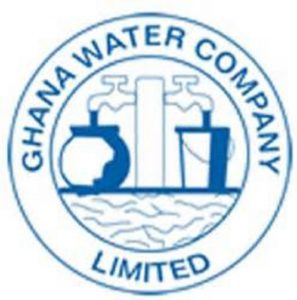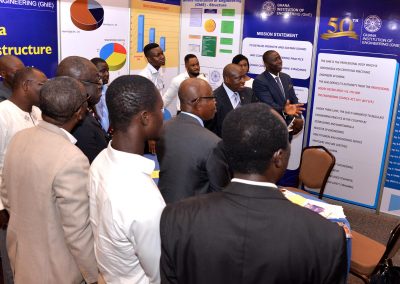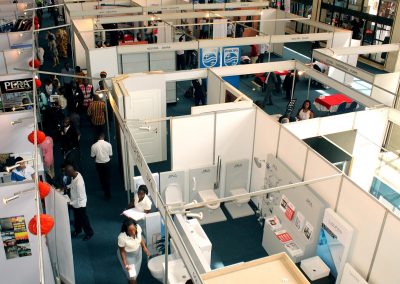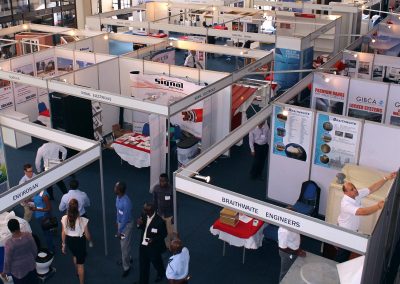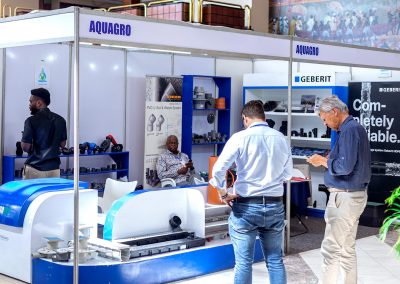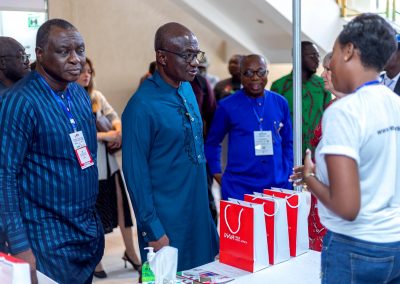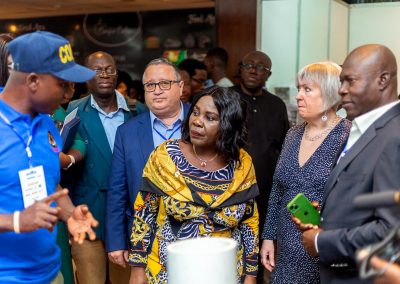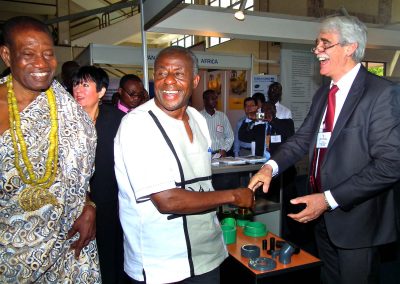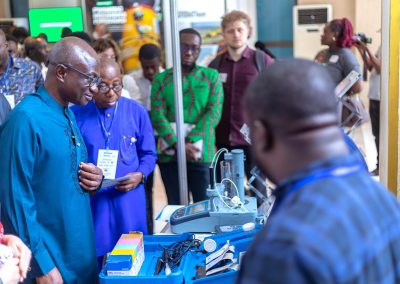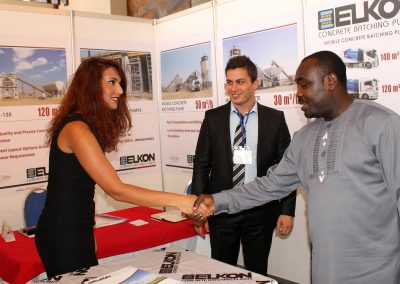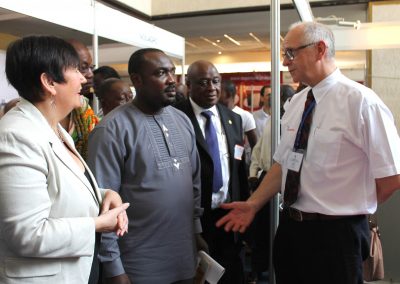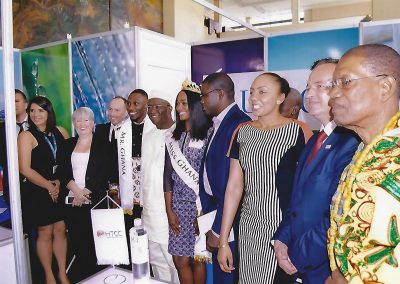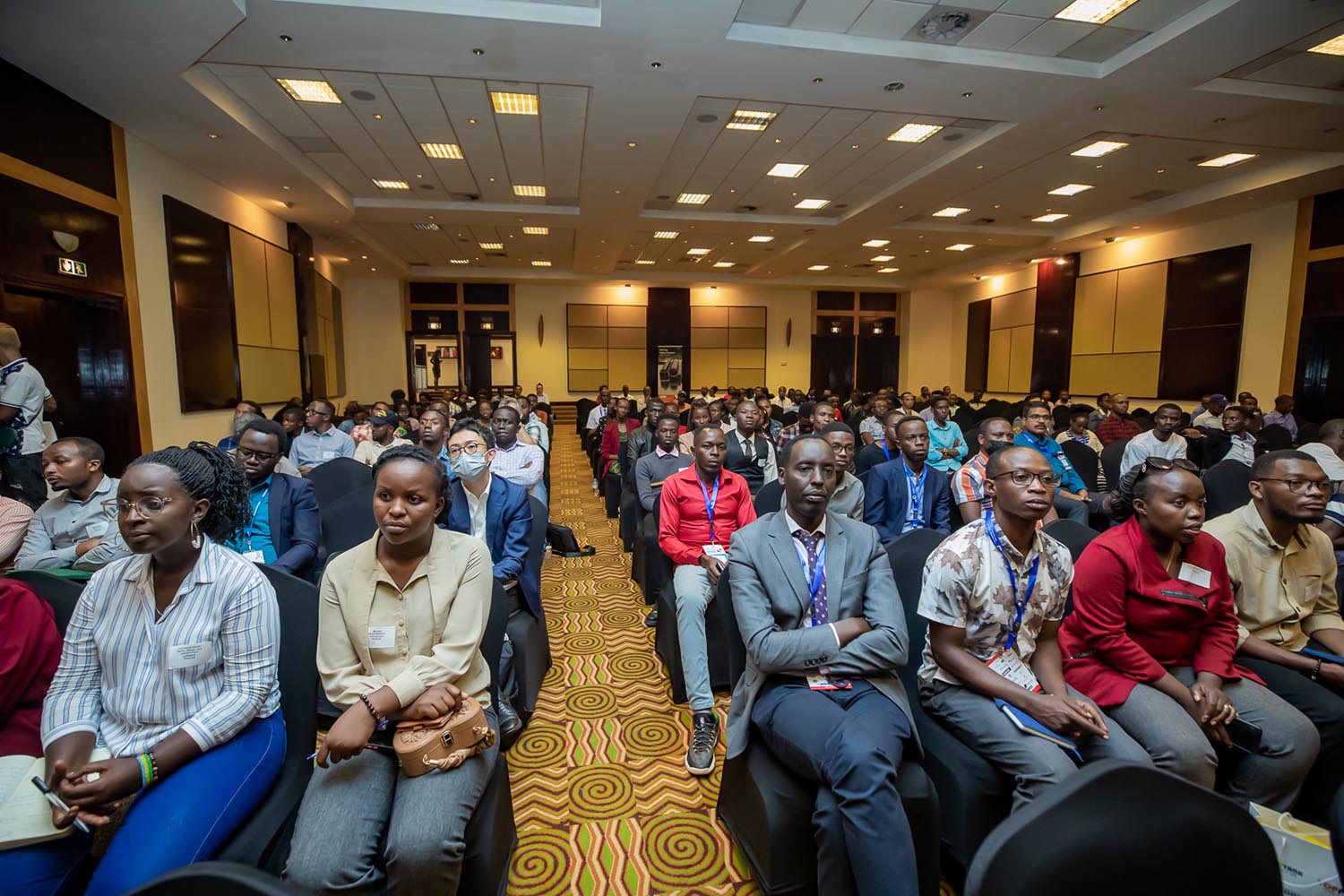Water Africa
2024
RWANDA
Water Africa and East Africa Building and Construction Exhibition and Seminars 24-26 September 2024, Kigali, Rwanda
The Water Africa and East Africa Building & Construction event is returning to Rwanda in September 2024 following a successful event held in September 2022.
LIMITED SPACES
Day(s)
:
Hour(s)
:
Minute(s)
:
Second(s)
General Information
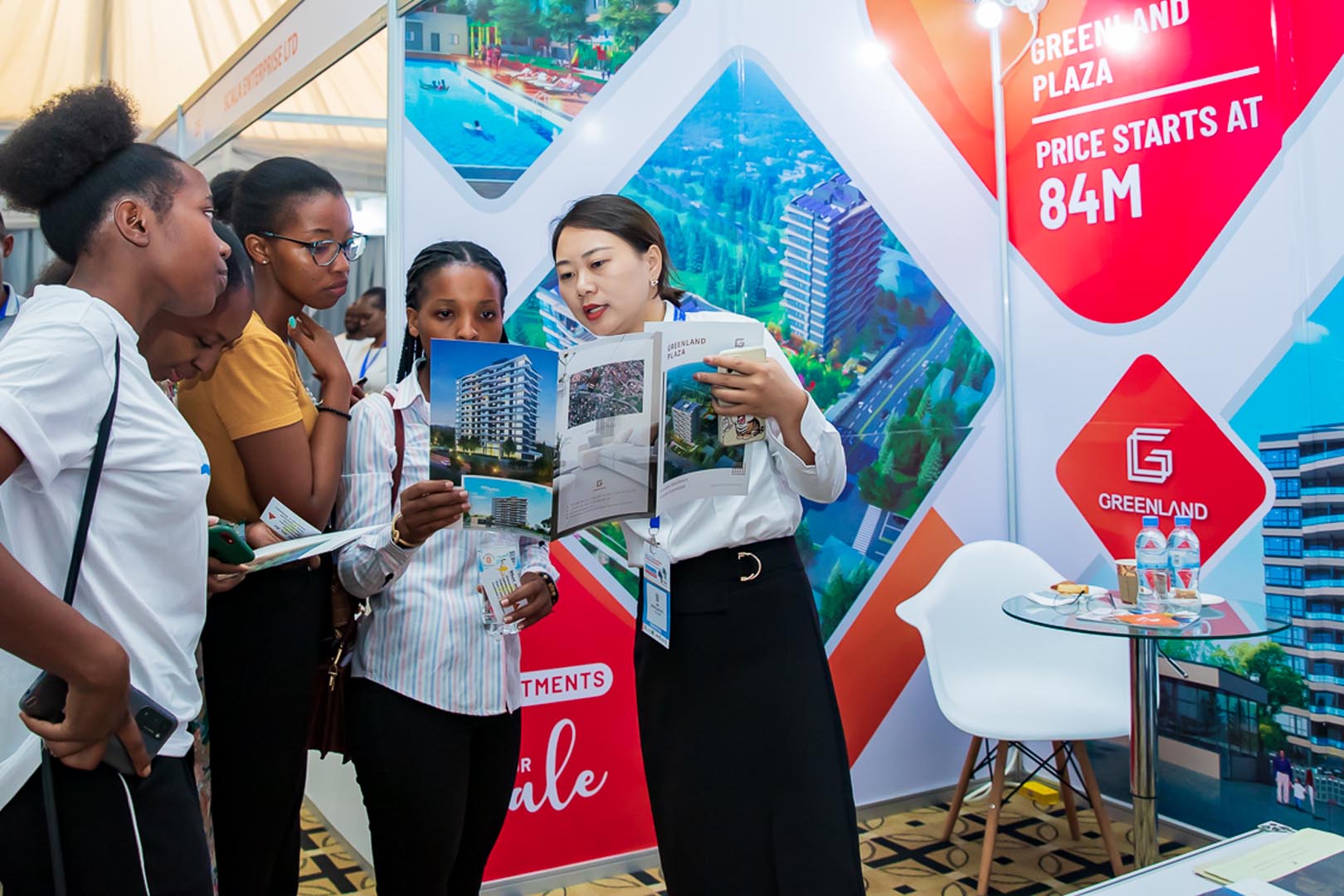
This Event is Supported by:
Ministry of Infrastructure (MININFRA)
Institute of Engineers Rwanda (IER)
Rwanda Institute of Architects (RIA)
Rwanda Convention Bureau (RCB)
Visitors:
Visitors to the exhibition will be primarily:
• Consultants, architects, developers, contractors, suppliers, government officials, NGO’s, and the general business community.
• In addition to the above, the seminar programme will attract representatives of foreign aid and funding agencies and other experts from the objective sectors.

Downloads
Contact Info
Organisers:
ACE Event Management Ltd
Contact: Colin Shaw
Tel: +44 7475 937937
Local Partner:
College Publishers
Contact: Peter Nyangabyaki
Tel: +27 82 489 5127
petern@collegepublishers.co.za
Rwanda Representative:
Contact: Cissy Batamuriza
Tel: +250 789 803 152 or +250 727 301 280
Seminar Development Director:
Prof Bob Andoh
Water Africa and East Africa Building & Construction event is returning to Rwanda in September 2024 following a successful event held in September 2022.
This event follows those previously held in Ghana and Rwanda in 2022 and will be the third edition held in Rwanda. The event will encompass an exhibition covering products and services related to the Water, Sanitation, Building and Construction Sectors with a Seminar programme running alongside tackling subjects which are germane to these sectors, the Rwandan economy, its people and infrastructure.
Also, in conjunction with the Institution of Engineers Rwanda, there will be a CPD course conducted by our Development Director Prof. Robert Andoh, the subject of which is currently under discussion. The course will take place on the morning of the final day of the event. Further details will follow once the course content is agreed.

Country Overview
Small and landlocked, Rwanda is hilly and fertile with a population above 13 million people (2022). It borders the far larger and richer Democratic Republic of Congo, and East African neighbours, Tanzania, Uganda, and Burundi.
With the support of the International Monetary Fund and the World Bank, Rwanda has made important economic and structural reforms and sustained steady economic growth rates for over a decade until COVID-19 and its impact threatened to reverse the trend.
Rwanda has guarded its political stability since the 1994 genocide against the Tutsi. Parliamentary elections in September 2018 saw women fill 61% of seats, the Rwandan Patriotic Front maintain an absolute majority, and two opposition parties, the Democratic Green Party of Rwanda and Social Party, Imberakuri, win two seats each. President Paul Kagame was re-elected for a seven-year term in August 2018, after an amendment to the constitution allowed him to run for a third term.
Economic Overview
Rwanda now aspires to Middle Income Country status by 2035 and High-Income Country status by 2050. It plans to achieve this through a series of seven-year National Strategies for Transformation (NST1), underpinned by sectoral strategies focused on meeting the UN’s Sustainable Development Goals (SDGs).
Strong economic growth was accompanied by substantial improvements in living standards. Rwanda was one of two countries in Sub-Saharan Africa that achieved all the health Millennium Development Goals (MDGs): Under-five mortality declined sharply between 2000 and 2020 and the maternal mortality ratio also dropped, as did the total fertility rate (from an increase in access to modern contraception). A strong focus on homegrown policies and initiatives has contributed to significant improvement in access to services and human development indicators.
The economy showed resilience despite a challenging economic environment in 2022. After a strong rebound in 2021 from the COVID-19 induced-contraction in the preceding year, the economy faced multiple challenges in 2022—pandemic scars, headwinds from the war in Ukraine, climate-related shocks, and mounting inflationary pressures. Despite these challenges, real GDP grew by 8.2% in 2022.
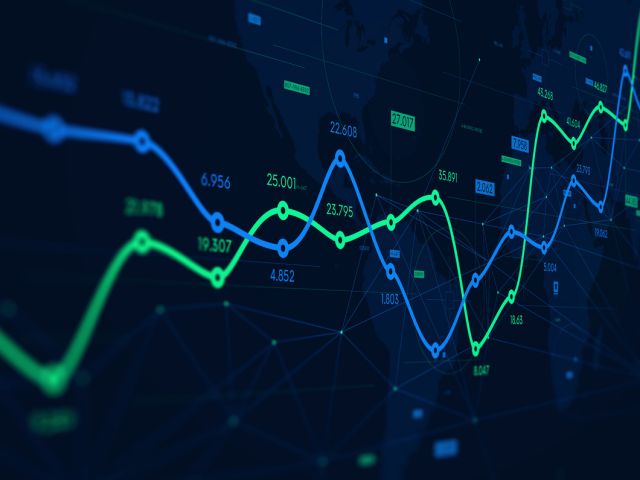
Seminar Programme
The theme for Water Seminar
“WASH, Youth, Gender and Environment: Needs, Solutions, and Progress towards SDGs and AU’s Agenda 2063”
Topics include:
- Water Conservation and Integrated Water Resources Management
- Addressing and reducing Non-Revenue Water in water utilities.
- Sustainability of WASH Projects in Peri-urban and Rural Areas.
- The Role of the Private Sector in Public-Private Partnerships for WASH.
- Clean Cities and Green Infrastructure.
- The Nexus of Water, Sanitation, Health, and Solid Wastes.
- Innovations in Water and Wastewater Treatment.
- Climate Change Adaptations, Resilience, and Flooding Challenges.
- Addressing Water Resource Challenges associated with Artisanal Mining.
- Leveraging ICT for accelerated developments in the WASH sector.
- Skills, Youth, and Gender: Bridging the Gap for Developments.
- Sustainable Development Goals and AU’s Agenda 2063.
Why you should Exhibit at Water Africa Rwanda 2023
Who should Exhibit at Water Africa ?
- Surface water development Dam, pumping station, canal, and pipeline contractors. Mechanical equipment (gates, weirs etc). Construction plant (earthmovers, tunnellers). Lining materials.
- Groundwater development Drilling rigs. Submersible borehole pumps. Well screens and linings. Handpumps. Solar and wind pumps. Geophysical investigation services and equipment. Water level and quality monitoring equipment.
- Mains distribution & house connections. Pipes, Fittings, Valves and Pumps.
- Water treatment plant, including packaged plants. Aeration and agitation equipment. Filtration equipment and media. Disinfection equipment and chemicals.
- Water treatment plant, including packaged plants. Aeration and agitation equipment. Filtration equipment and media. Disinfection equipment and chemicals
- Water storage Reservoirs and tanks. Lining systems.
- Sewerage and urban drainage Sewer and pipe systems.
- Manholes and drains. Gully and cesspit emptying and tinkering equipment. Sewer and pipe inspection and safety equipment.
- Irrigation and farm drainage. Canal construction and maintenance equipment. Sprinkler systems. Drip systems. Drainage pipes.
- Monitoring and instrumentation systems. Telemetry and GIS systems. Radio communications. Billing and accounting equipment. Meter reading equipment. Flow, temperature, and level monitors. Water Quality testing equipment.
- Consulting services and training Consulting engineering. University and college courses. National training institutions. Books and publications
